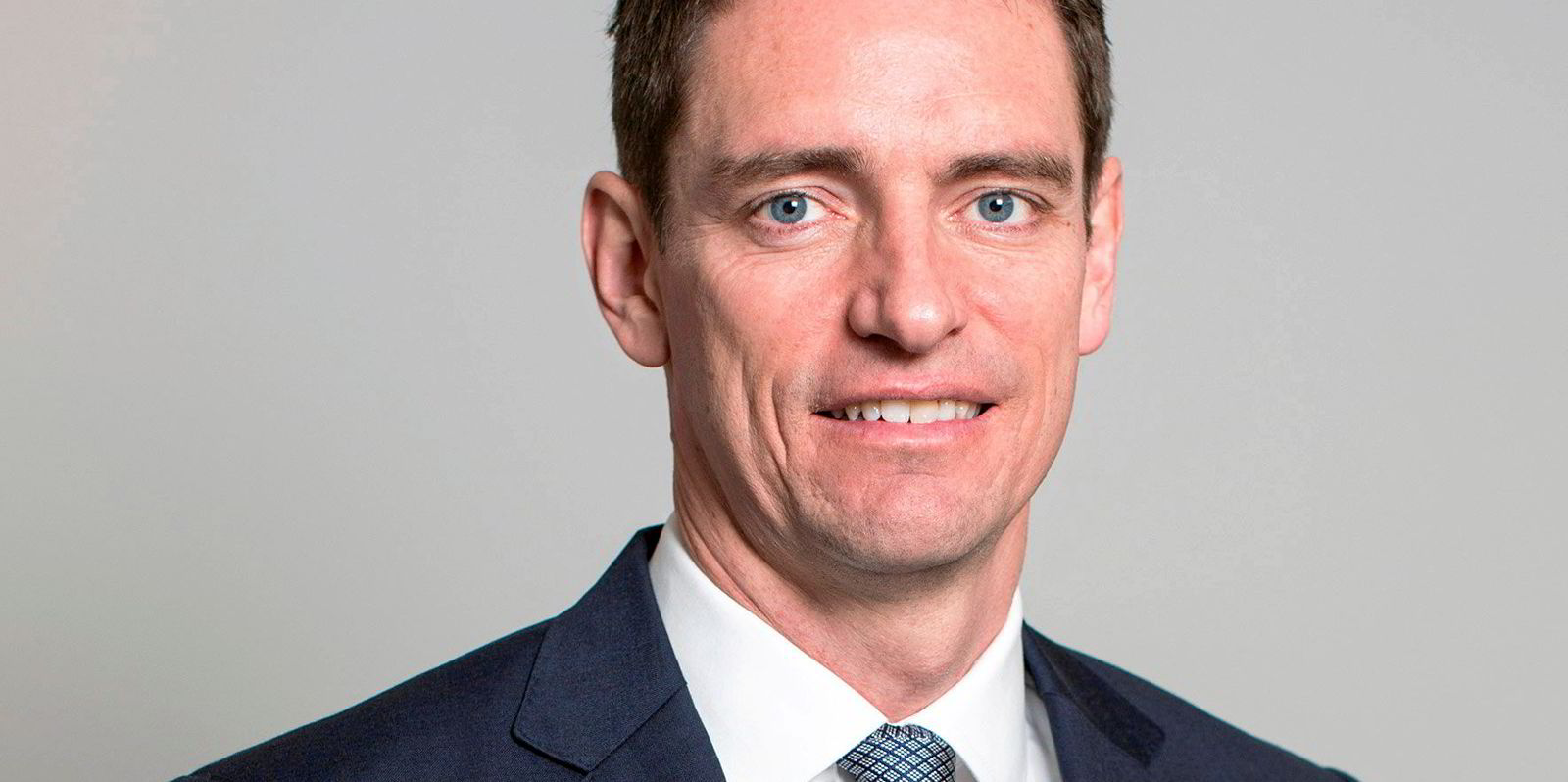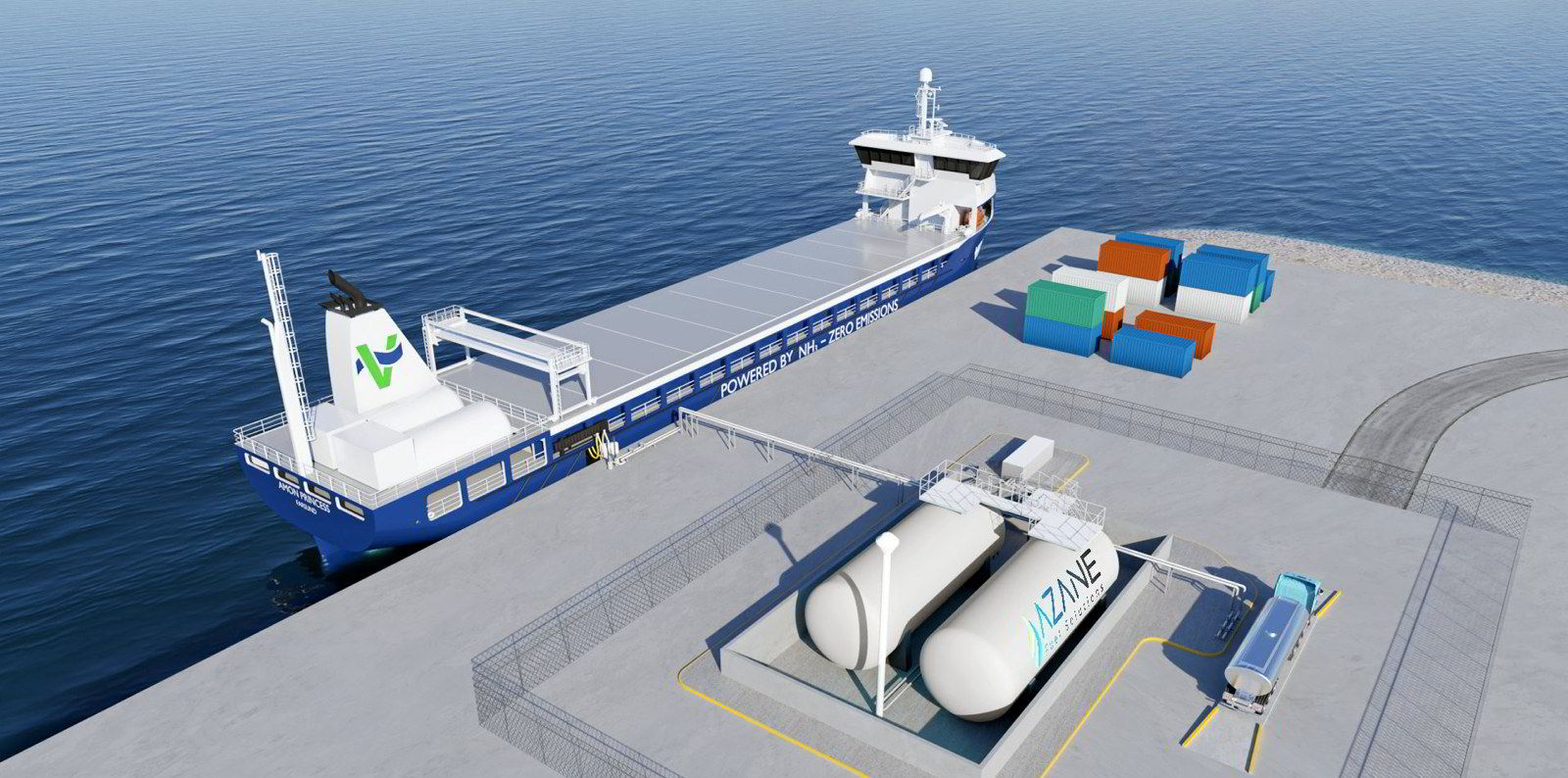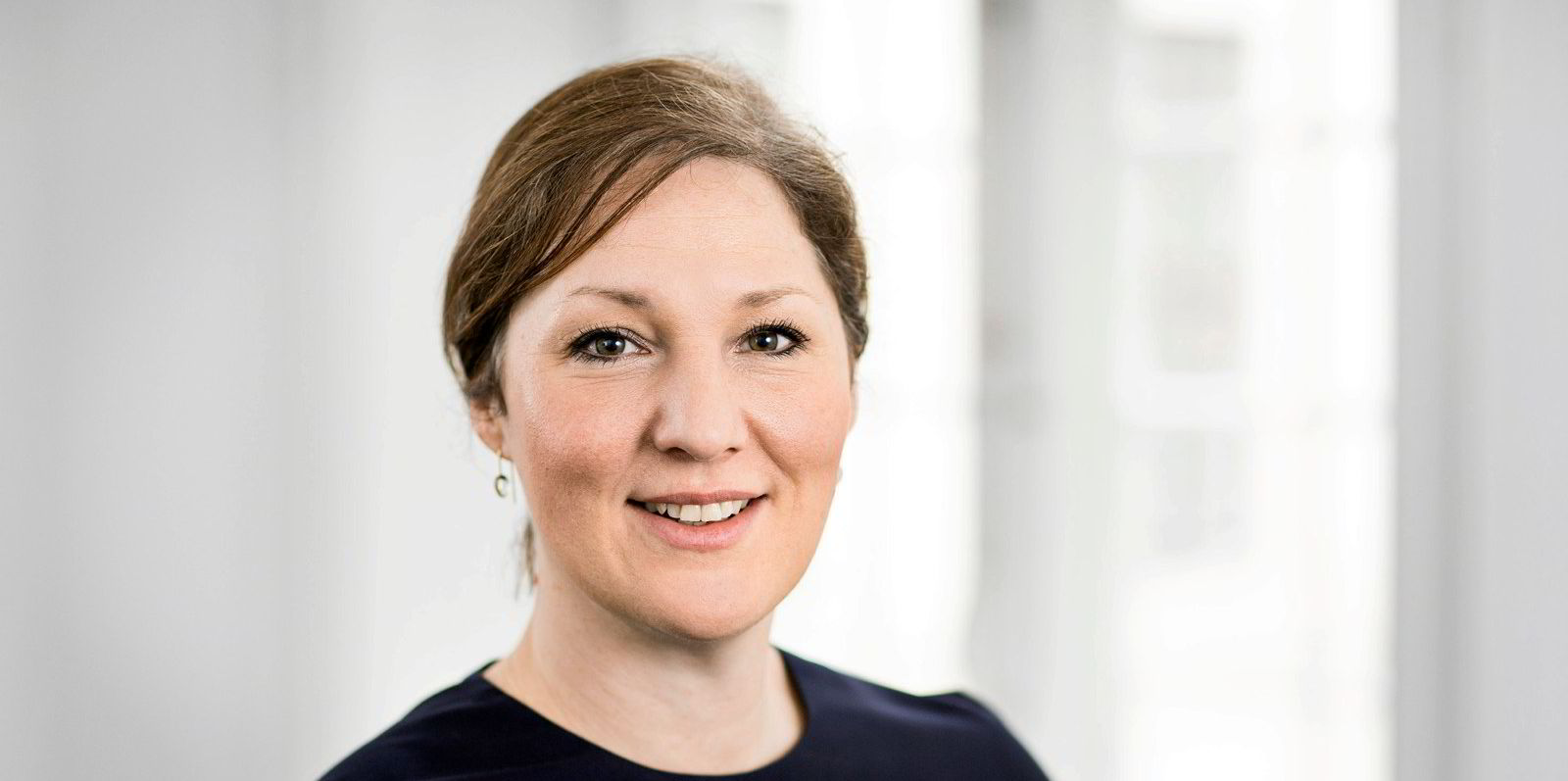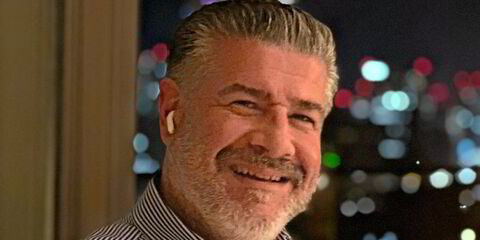Trafigura’s Rasmus Bach Nielsen has said shipping has a historical opportunity to decarbonise sooner than any other hard-to-abate industry.
The commodity trading group's global head of fuel decarbonisation made the comments on Wednesday during a panel session on decarbonisation at the annual Platts APPEC 2021 conference in Singapore.
"We have that possibility," he said. "The technology is there, the engine technology is ready, the methanol engine is there, the ammonia-ready engine will be ready by 2025, and we know that the hydrogen-based fuels are there to be produced and they can be electrolysed," he said.
"So, we have all the prerequisites to make decarbonisation happen, which is such a privilege for such a big hard-to-abate sector."
But fellow panellist Anoop Singh, head of tanker research at Braemar ACM Shipbroking, said such talk might be "slightly dangerous".
"It's dangerous because you are saying that shipping has first call on fuels like ammonia, or fuels like methanol, which I think is going to be problematic," he said.
Panelist Harry Ubhi, head of origination and business development, Asia Pacific, at Eni Trade & Biofuels, said the shipping industry needed to find a "global solution" to decarbonisation.
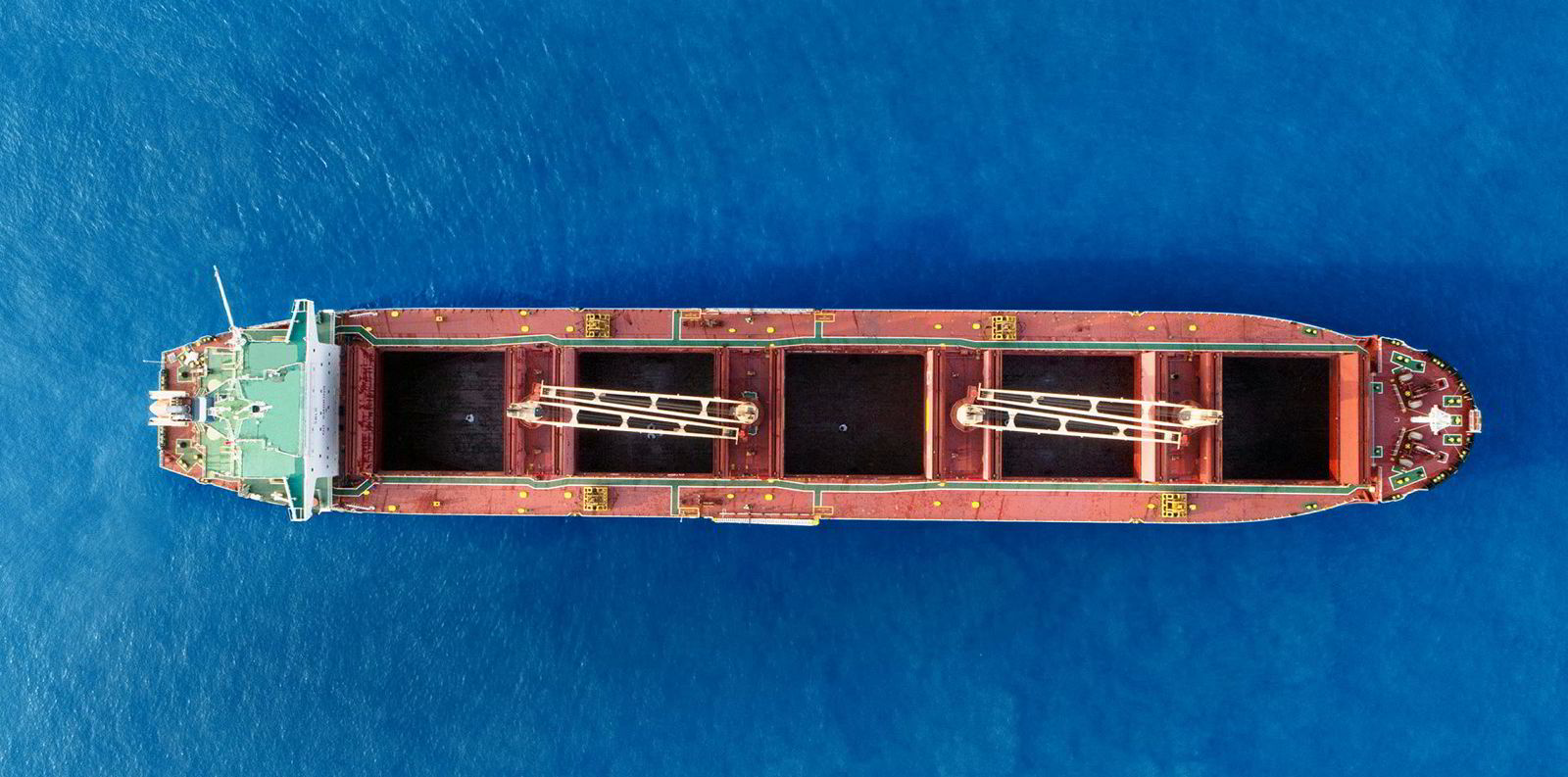
He said a global solution must, by definition, "work for all classes of vessels and all types of shipowners in different geographies".
"How do you find a solution for everyone?" he asked. "It's easy to talk about the big solutions because it works for the bigger players, but what if you are a small shipowner and you have a small ship and you ply smaller regional routes?"
Ubhi said the answer will likely be a "range of solutions", some of which will be phased, while some will clearly work well compared to others because of the type of vessel and the type of route it is on.
However, he said the industry also needs to find some way to transition using existing marine fuels and that such fuels had a role to play "for at least the next few years".
Timothy Cosulich, chief executive of marine fuels at Fratelli Cosulich, said for shipping to effectively decarbonise, it would be important to look at the entire supply chain as well as the regulatory framework.
"If we think about IMO 2020 and how worried everyone was and how complicated it looked, just because there was a slight change in fuel specifications and the compatibility issue about fuel sold in Singapore versus fuel sold in another region," he said.
"Now think about the variety of fuels being talked about and the regulatory framework you would need to have in place to ensure that bunker buyers can rely on their supplies wherever they are."
